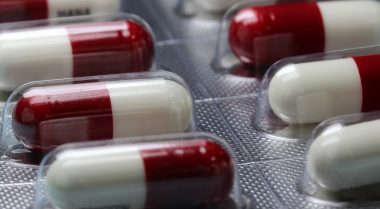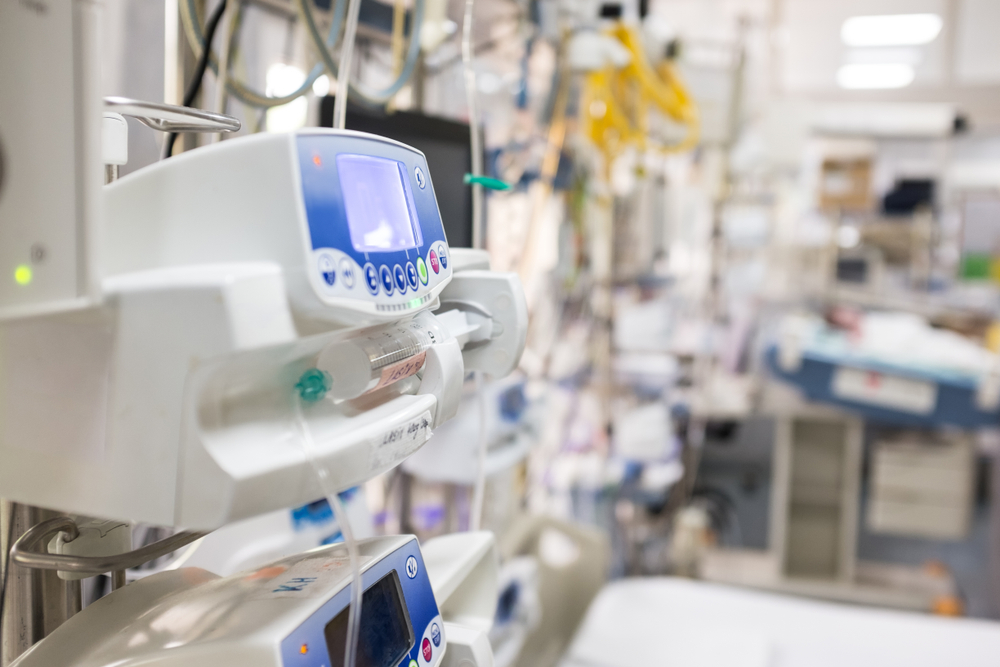How using data from ‘everyday encounters’ could be the most powerful tool we have to help improve people’s lives
19 December 2019 | Author: Alastair Denniston, Co-Director of HDR UK Midlands and Consultant Ophthalmologist
Guest Blog: Alastair Denniston
In the UK, the NHS provides healthcare to a population of 66 million people, with more than a million people having contact with NHS services every day. GP practices and hospital out-patient services provide an incredible 400 million face-to-face appointments per year. But like all health systems, the NHS faces challenges from a rapidly changing landscape, causing stresses around the scale of what it can deliver and the expectation of what it offers.
As a population, our health needs are increasing. For every improvement in public health, new challenges take their place whether related to age, obesity, diabetes or the emergence of new infections and antibiotic resistance.
As individuals, our health expectations are becoming more demanding. We no longer think that a ‘one size fits all’ approach to health is sufficient. We want to know that we are getting the best care and the latest treatments for us – not just the treatments that work best on average. When I am told that I should take a ‘statin’ to reduce cholesterol to reduce the risk of heart-attack and stroke, I want to know that this is the right decision for ‘people like me’. Similarly if my blood pressure is high, and I am told that I need to start an anti-hypertensive, I want to go straight to the medication that is the most likely to work for me – which may not be the one that is the best ‘on average’.
These decisions are not just about making sure that I am on the best treatment or in the best care pathway for me, but also ensure that I am not put at risk by being exposed to treatments or care decisions that might be ‘good on average’ but harm me as an individual. This also means we don’t waste treatments, ensuring that we use this precious resource as effectively as possible for the UK and use NHS funds more effectively.
One of the most powerful tools we have to tackle these twin demands on the NHS – the demands of increasing scale and increasing expectation – is to use our data more effectively. As a health and care system we want to be learning all the time – from every patient experience, from every health professional encounter, from every treatment success or failure – aiming to make that next experience, encounter or treatment better than the last one.
By using our health data more effectively we can ensure that treatment recommendations are not only based on stronger evidence of benefit and harm at a population level (ie for the average person) but that they are tailored for ‘people like me , or even ‘exactly me’.
HDR UK is about uniting the UK’s health data to enable discoveries that improve people’s lives. We are committed to making health data available to researchers and innovators because we believe that this is the best way to accelerate our understanding of diseases and find ways to prevent, treat and cure them. We are increasingly seeing the impact of this work directly at the front-line of clinical care, whether in the community, in the hospital or at the population level.
As a doctor within the NHS, I am seeing the benefits of this work on a daily basis. I work within University Hospitals Birmingham NHS Foundation Trust which has an advanced electronic health record and decision support system that uses health data in real-time to improve the way I care for patients. Automated systems monitor every treatment decision I make to check that that prescription is safe for that patient. It can provide specific treatment recommendations according to data collected from other parts of the hospital system, adjusting doses according to abnormal blood tests or suggesting an alternative drug. Delayed or missed antibiotic doses are flagged in real-time to ensure that patients get the treatment they need when they need it and recover faster. Electronic ‘early warning scores’ alert us to patients who are deteriorating so that they can get early support and intervention.
This real-time use of health data both at both the individual and the hospital level improves quality, enhances safety and supports the speed and efficiency of the care we deliver. The understanding that underpins these innovations can only come from research using health data, data gathered through the routine encounters that each of us have with the health and care system.
People often think of research in terms of clinical trials, but using the data from these ‘everyday encounters’ is probably the most powerful tool we have to better understand diseases and make progress in preventing, treating and curing them. This is where the scale of our demand on the NHS – more than a million contacts every day – becomes part of the solution, an opportunity for us to use our data to not only improve the care we receive, but to improve the care of others within the NHS and to use our data to ‘improve people’s lives’.



